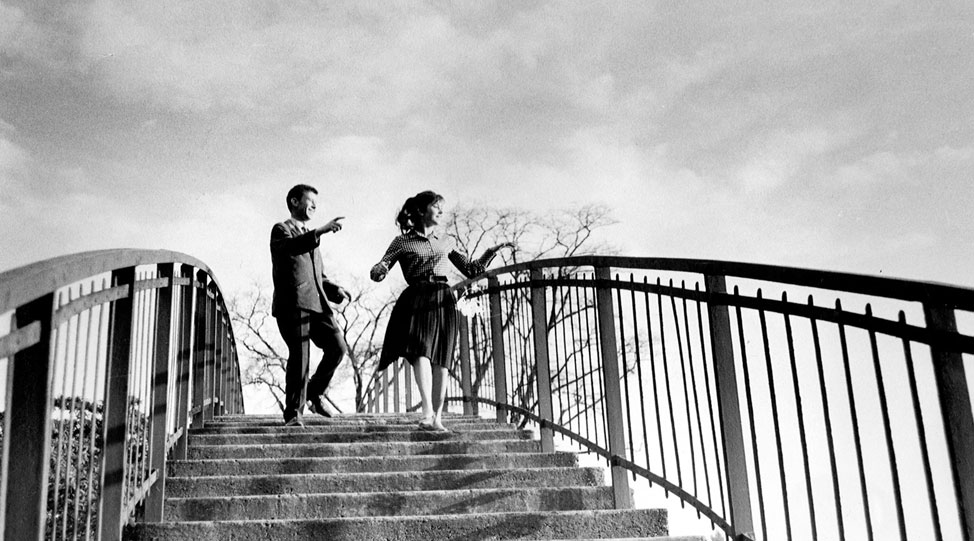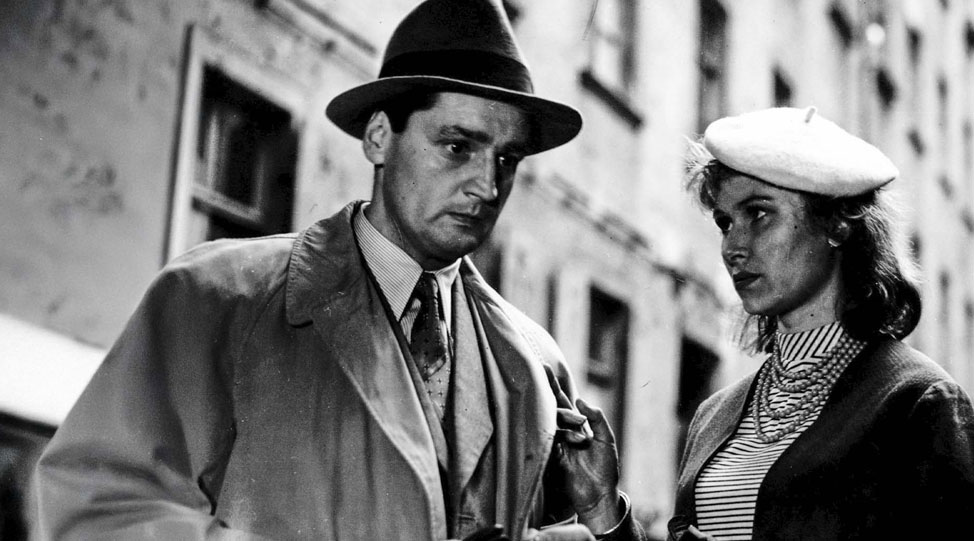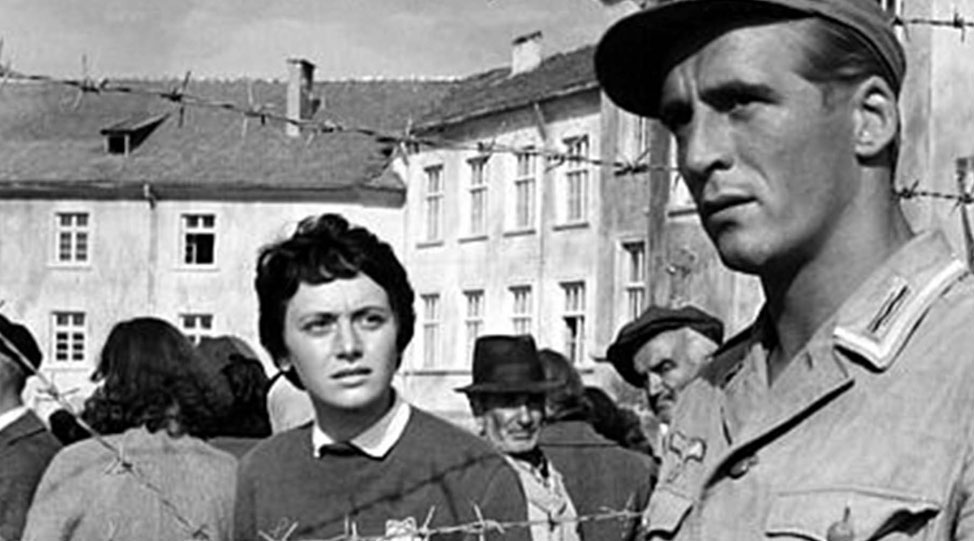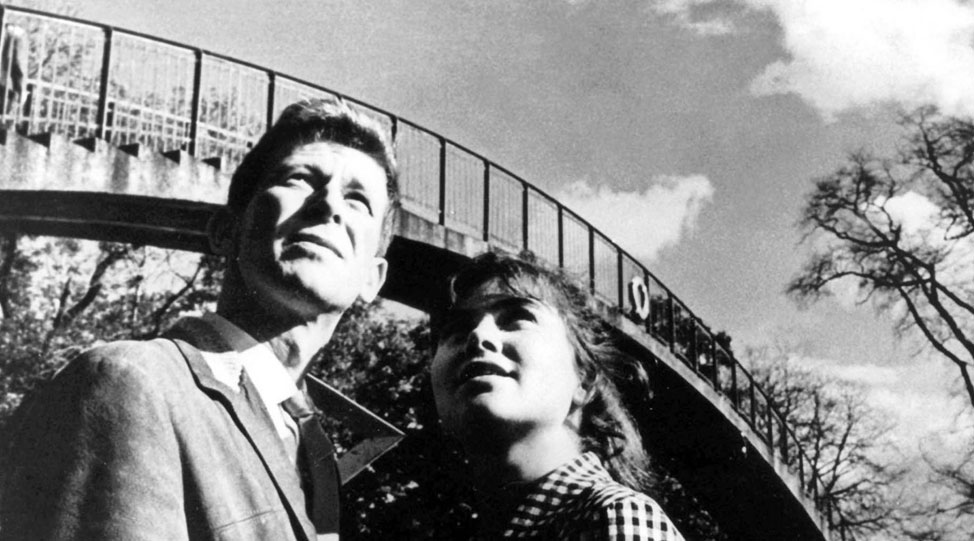ArteKino – The Online Festival of European Cinema
10/24/2025
News
10/31/2025
Konrad Wolf, one of East German cinema’s most influential directors, would have turned 100 on October 20 this year. To mark the occasion, ArteKino is presenting a special retrospective featuring four of his landmark films: Solo Sunny (1980), Stars (1959), The Divided Heaven (1964) and Lissy (1957). Together, these works trace an unparalleled artistic journey through the political and emotional landscapes of the 20th century.

Born in Hechingen in 1925 and raised in Soviet exile, Wolf experienced war, displacement and the ideological rifts that ravaged Europe. From joining the Red Army as a teenager to becoming a leading director at DEFA Studios, his life became the wellspring for his deeply human films.
Set in 1930s Berlin, Lissy follows a working-class woman swept into the rising tide of fascism. Torn between loyalty and a guilty conscience, this intimate moral drama charts how individual destiny collides with political blindness.
Watch the video here!

Stars stands among the greatest anti-war films ever made. Set in occupied Bulgaria, it follows a German soldier who falls in love with a Jewish woman awaiting deportation. Rather than glorifying sacrifice, Wolf confronts silence, complicity, and fleeting compassion in the face of atrocity. The film won the Jury Prize at the 1959 Cannes Film Festival – a rare international triumph for East German cinema.
Watch the video here!

Adapted from Christa Wolf’s novel, this poetic film captures the moral and emotional division of Germany before the Berlin Wall. Through lyrical black-and-white imagery, it weaves political realism with personal longing.
Watch the video here!

Wolf’s final feature film, co-directed with Wolfgang Kohlhaase, follows a singer searching for authenticity in late 1970s East Berlin. The film delivers a vibrant, modern portrait of individuality within a collective system, marking a turning point in DEFA history.
Watch the video here!

Wolf’s films remain vital today for their unflinching honesty and empathy. His stories confront ideology without cynicism, searching for dignity within history’s contradictions. As president of the GDR Academy of Arts, Wolf fiercely defended creative integrity within a censored system – a rare stance that made him a symbol of artistic conscience.
Through ArteKino, audiences can rediscover the emotional and political depth of East German cinema and witness how Wolf’s films dialogue with works by filmmakers like Helmut Käutner. Together, they remind us that cinema transcends borders and continues to ask: how do we remain human in inhumane times?
Find our full catalogue of Konrad Wolf films here.